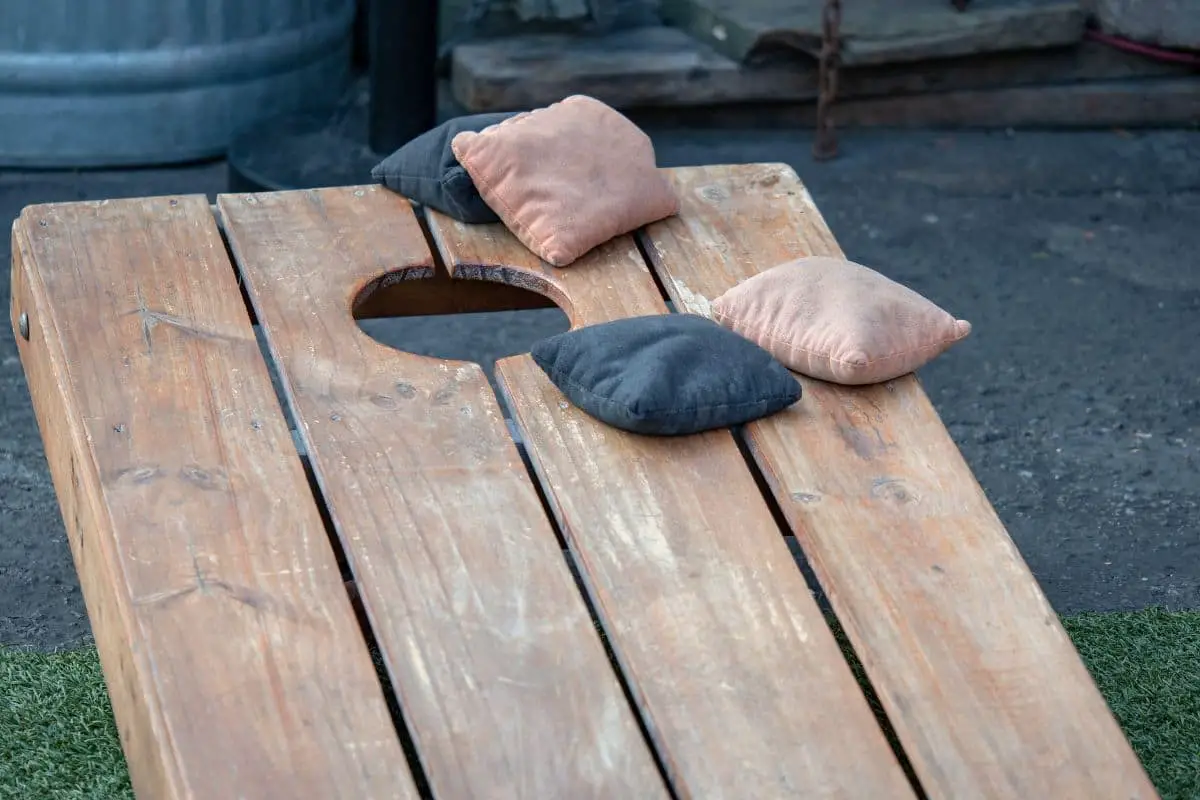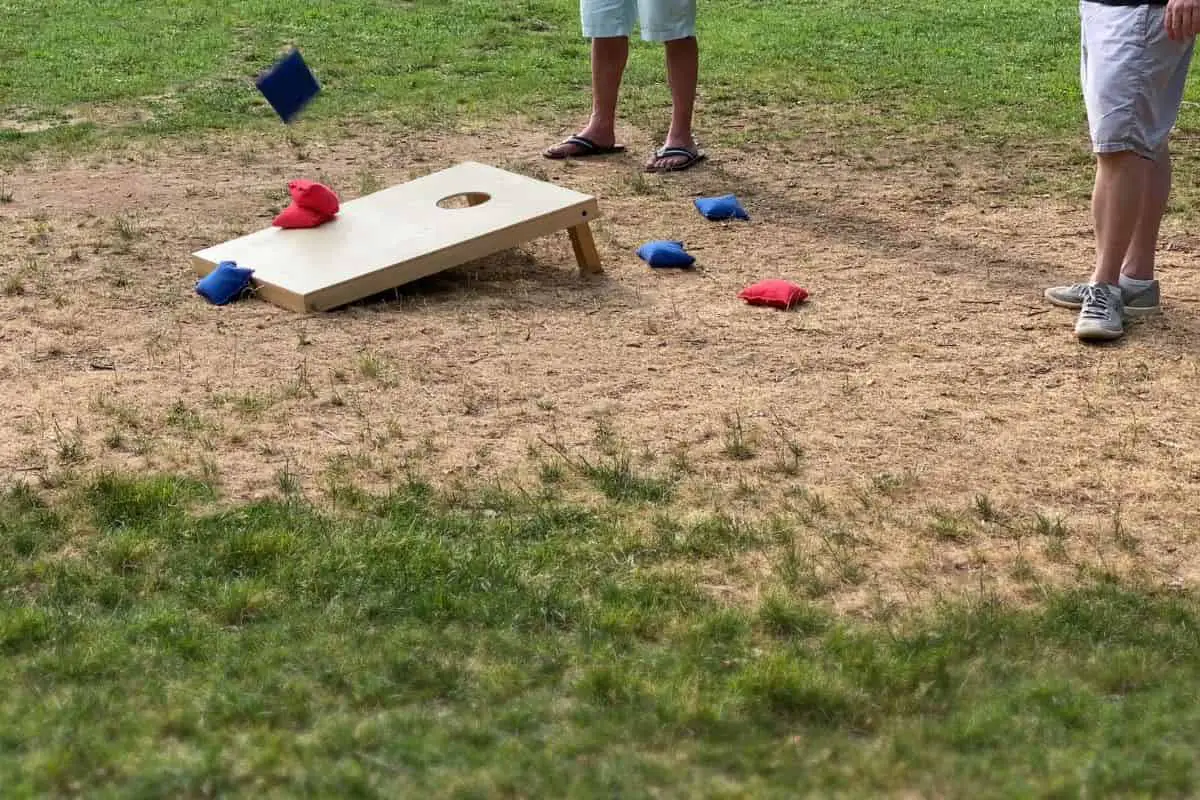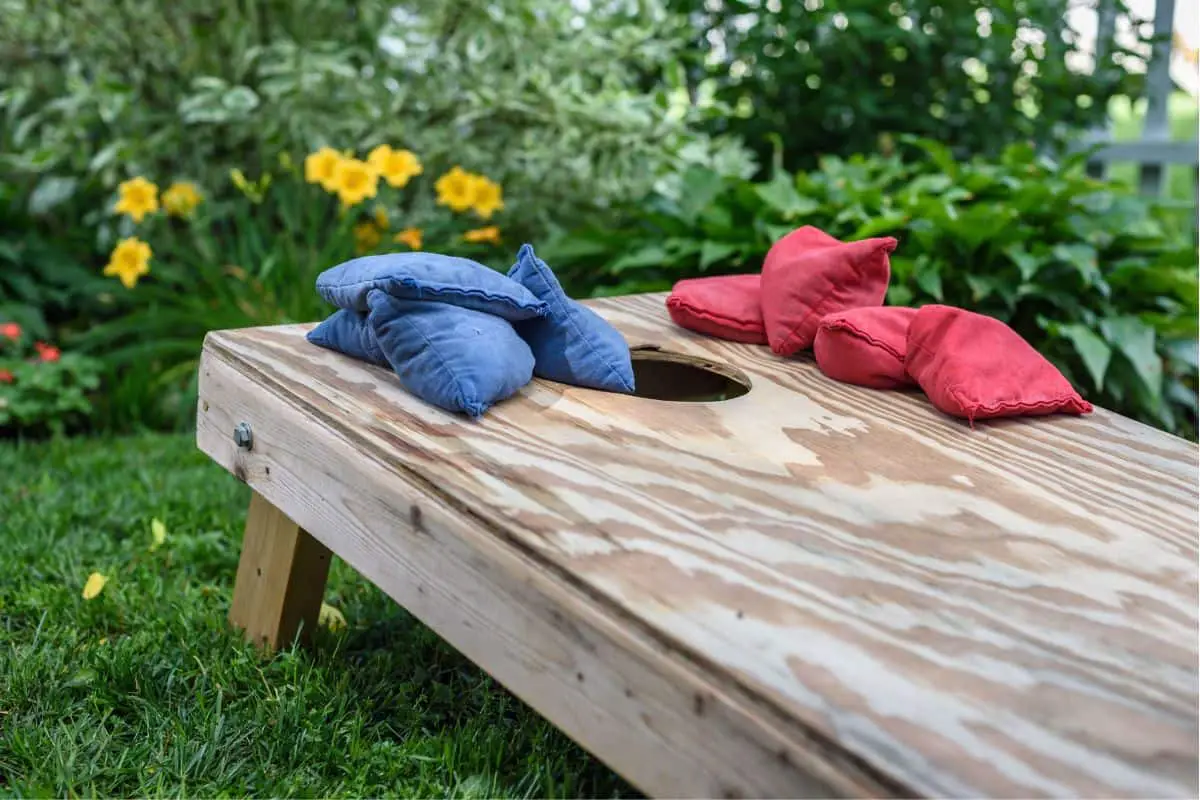Joining a recreational volleyball league is a great way to meet new people, stay active, and learn or improve your athletic skills. But if you’re new to volleyball, hitting the volleyball courts for the first time since grade school gym class can be intimidating. You’ve packed your gym bag, so you won’t look like a total newbie out there. But there are a few other things you should know before you step on the court, such as the rules, some basic terminology, positions, and a few other things to know to make your first game a fun one.
-
You should know the basic rules
All sports have rules that may seem complicated when you’re just starting out. Volleyball is no different! And for those that haven’t played since grade school, some of the rules have probably changed. Most recreational leagues will have a referee officiating the match, but you’ll want to make sure you at least know the basics.
Keep in mind that there are always some more complicated rules that even the more experienced players need to be reminded of – so you don’t have to memorize the whole rule book! But you should know at least the basics so that you’re not asking questions for each point.
And remember, the more you play, the easier knowing the rules will become.
Check out this post to learn more about the basic rules of volleyball for beginners
-
You should know the positions on the court
Volleyball is a game with specialized positions. This means that different players have different roles that they play on the court. The positions are: setter, left side (or power) hitter, right side hitter, middle hitter, and libero.
Some teams assign the specialization by player, and other teams designate the specialization by where you’re standing in the court rotation. Depending on the level of competitiveness of the league, this is usually decided by the team ahead of time. Seem complicated? It’s not really. Here are some examples:
Specialization by Player
If a team assigns specialization by player, that means that a specific player is assigned as the setter, two players are middle hitters, two players are left-side hitters, and a right-side hitter.
Each player will switch into the position on the court designated for their specialization.
Specialization by Rotation (i.e., where you’re standing on the court)
Many times in recreational leagues, the specializations are assigned by where you’re standing on the court. For example, a player becomes the left-side hitter when they rotate into the left-side hitting position, then they become the middle hitter when they rotate into the middle hitting position, and they may even set when they rotate into the right-side. Some teams also decide to have the middle net position be the setter.
It’s important to discuss the rotation and position specializations with your team ahead of time, so that everyone is comfortable with the decision, and knows what their individual role is.
-
You should know some basic terminology
Six-pack, pancake, chicken wing… no, we’re not packing a picnic lunch for the volleyball game! These are actually common terms used on the volleyball court to describe specific plays. Don’t worry if this sounds like gibberish – you’re not expected to know all the terms in your first game!
Before your first game, you will want to familiarize yourself with at least some of the more basic volleyball terms used. As you play in more games, you’ll start to pick up more of the terminology. And when you hear a new term, don’t be afraid to ask the more experienced players what it means. They’ll probably be more than happy to explain what it means.
Check out this post to learn some volleyball lingo that sounds like food but is for real
-
You should find a league that matches your skill set and experience
From backyard to recreational to elite, volleyball is that great kind of sport that anyone can play. Having said that, you’ll want to match your level of skill and experience to the league that you’re playing in. A mismatch could really ruin your volleyball experience.
Think about it this way: If you’re way less experienced than the rest of the players in the league, you’ll feel intimidated and out of place. And even being the superstar compared to the rest of the players comes with its disadvantages. You won’t be able to play to your full potential, and you’ll become frustrated.
Talk to the organizers of the league and ask honestly about the level of calibre for the league. You might even ask to go watch a game, or just play a game or two before you commit. That way you have a really good idea of what you’re getting into.
Check out this post about how to find a recreational volleyball league in your community
-
You should know that there will be disagreements about the ball calls
Most recreational leagues have a referee that officiates the game, while some leagues rely on the honour system of the players. Regardless, there will be times when there are disagreements about the calls. In volleyball, the ball gets hit hard and fast and players may be standing in the way of the play, so it isn’t always possible to make the most accurate call.
Most of the time, the number of bad calls ends up evening out for each team. Don’t get too hung up on the calls, and always keep a sporting attitude. Remember, it’s a recreational game and it’s for fun. Losing a point or two is better than losing your temper – and friends.
-
You will make mistakes
The great thing about volleyball is that every player will make a mistake at some point. No matter how experienced or how new you are to the game, you will make mistakes. Some of these mistakes will cost your team points. And your team will lose some games.
But don’t worry. Every player will make mistakes and lose a point or two. And all teams lose a game here and there. It happens to every single volleyball player, and to every single team!
Don’t let losing a few points or games discourage you. Knowing how to handle losing a point is part of the game. Learn from the play, and then move on to the next play.
-
You should have a good warmup
For some reason, the older we get, the shorter the pre-game warmup gets. Are we worried we’re going to run out of steam during the game? For some of us, maybe!
It’s actually ironic, because the older we are, the more we should be warming up before playing. A good warmup helps muscles and joints prepare for the game ahead, which helps prevent soreness and injury. And for some of us, the weekly volleyball game is the only time we use muscles in a certain way, so it’s easier for them to get sore or injured.
Warming up doesn’t have to be complicated. Start by just running around the perimeter of the court (this is also a good way to familiarize yourself with the colour of the boundary lines). Add some side stepping and jumping, which are movements you’ll use during the game. Then add some dynamic stretching. All this before you’ve even touched a volleyball!
If you have a partner, you can pepper to warm up with the volleyball. Just volley, bump, and lightly hit the ball back and forth. You can also warm up solo against the wall, which may give you more control over the ball.
-
You will be sore!
If this is your first volleyball game in a long time (even between seasons), you will very likely be sore after your first game. You will feel muscles you haven’t felt in a long time! And your forearms will probably be tender from all that bumping/passing. If you’ve got any old injuries, hopefully they’re not flaring up.
Don’t forget to do a post-game cooldown! Stretch out, and ice any old injuries or flare ups. Rotator cuff, ankles, and knees are common volleyball injuries, and icing can be a good preventative measure.
Beginner or experienced, there’s a really good chance that you got a ball in the face. Or in that tender spot of your inner bicep (believe me, it happens. And it stings!). Or someone stepped on your toes. You will have bumps and bruises and maybe even some floor burn. These are all the battle scars of a volleyball player – so wear them proudly!
-
You should join in the post-game socializing
As with many recreational sports leagues, the post-game festivities are just as much a part of the game as playing is! Whether you’re reliving all those spectacular winning (or losing!) plays, showing off your battle scar bruises, or explaining (again!) why the ref made such a bad call, spending time with your team mates off the volleyball court is half the fun.
Volleyball is a great sport to play recreationally, regardless of your skill level. It’s fun both on and off the court, and is a great way to meet new people, or spend time with friends. Keep these tips in mind when you’re finding a league to play in, and have fun!






Leave a Reply
You must be logged in to post a comment.